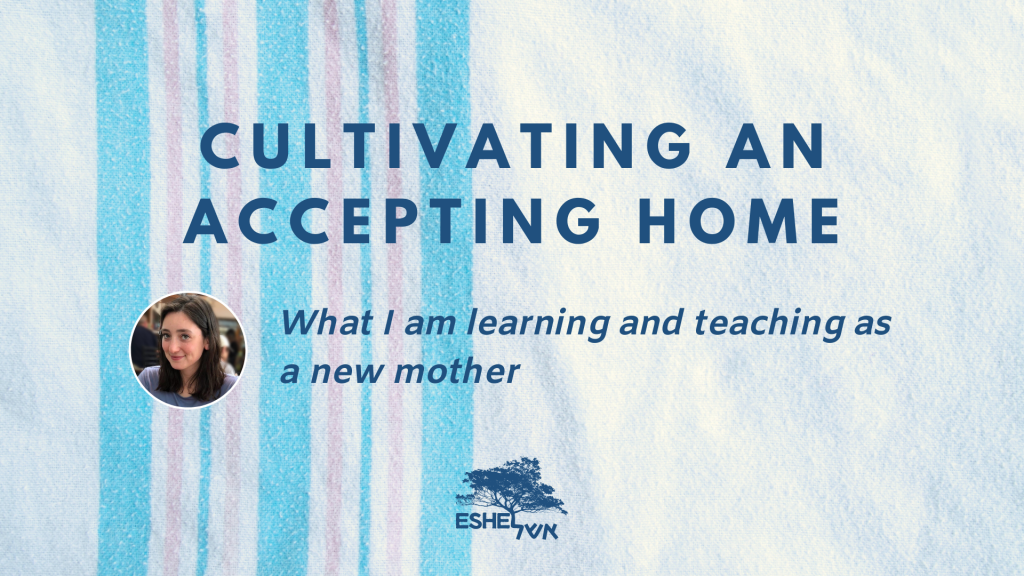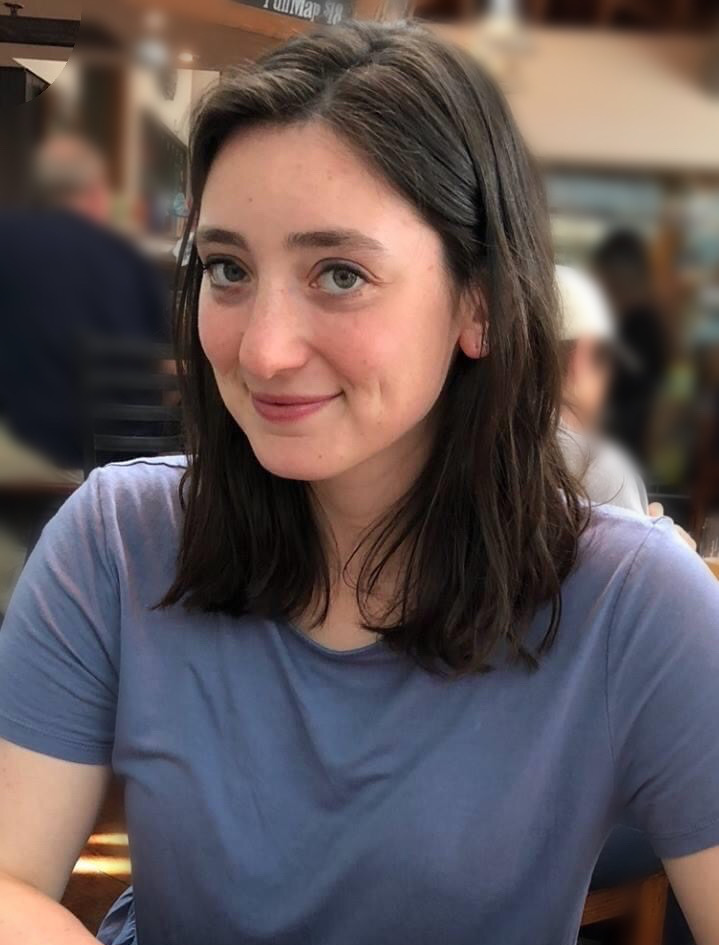
As a new mom, things like news stories, divrei torah from the bima, even conversations with friends and community members hit differently. I can’t help thinking, “what does this mean for my child’s future?” I want my kid to have access to as many opportunities as possible and be loved, accepted, and celebrated by my community and his. Unfortunately, I am constantly reminded that there is a long way to go before difference is embraced by the Jewish community and in general. So I worry that if my son grows up to be LGBTQ, he may face bullying, discrimination, or harm.
It is important to me that I do everything I can so none of that comes from his home and that he is armed with support, love, and acceptance from the people closest to him if he faces pushback from the outside. Even if he grows up straight and cisgender, he could have LGBTQ friends and loved ones, so I want to give him all the tools I can to be a good ally.
1. Use gender neutral language as often as possible
I try not to make gendered assumptions – saying things like flight attendant instead of stewardess, councilperson instead of councilman, asking about a person’s partner instead of their boyfriend if I don’t know their partner’s gender. Small kids hear and begin to understand a lot more than we think, so what they hear and overhear matter!
2. Read books about all kinds of kids and all kinds of families
The things we teach our kids shape who they become. I read my child books about all different types of people and families. And Tango Makes Three, for example, is a sweet story about two male penguins that become a family and raise a baby penguin together.
3. Speak out in defense of the LGBTQ community
Even as a baby, while he’s still learning about speech, I model accepting language with my words. When people make queer phobic comments, I respond kindly but firmly in defense of the LGBTQ community.
I also speak up when organizations I’m involved in or a member of adopt policies or language that exclude or alienate LGBTQ members.
As my kid gets older the types of conversations we have will evolve, of course, but the value that I want to express and teach at all ages and stages is acceptance. That process starts as a baby, and becomes more nuanced when he’s older. I hope I continue to learn and grow my own understanding of how to best support LGBTQ people along the way, and model that growth to my child as well.
 Meira Davidowitz, Grants and Office Manager
Meira Davidowitz, Grants and Office Manager
